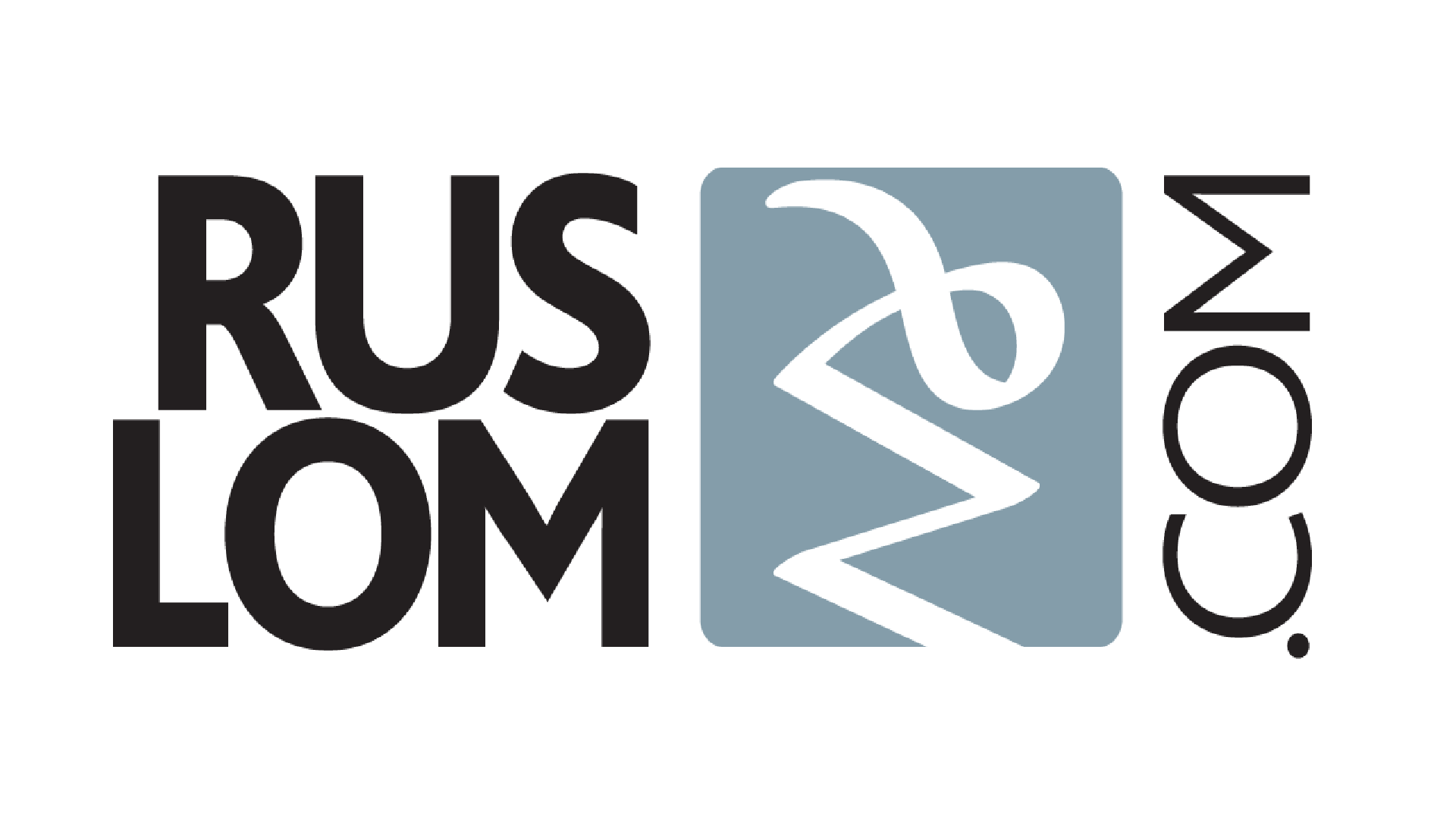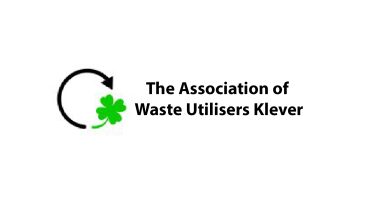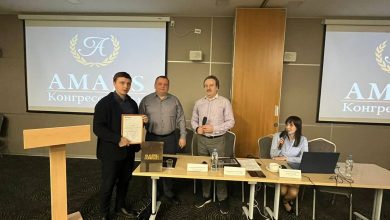In Russia, an NGO-pipe producers union (called FRTP) recently appealed to the government with a proposal to introduce a temporary quantitative restriction (quota) for the export of ferrous metal waste and scrap from the territory of the Russian Federation.
The Association considers such initiatives unreasonable and extremely dangerous for the scrap industry. The pipe producers union explains the need to introduce restrictions on a possible shortage of metallurgical raw materials during the period of quarantine measures in the country, which is not true. At the moment, there are no recorded cases of metallurgical plants shutdown or disruptions in production due to lack of scrap.
At the same time, there are currently no prerequisites for an increase in steel production, since the world has seen a slowdown in the economy and a significant decline in demand for metal. The initiators of the restrictions introduction lack substantiated arguments in the form of real contracts, applications or requests, government orders and other weighty legal grounds that confirm plans for the growth of metallurgical production in Russia and the lack of the possibility of acquiring scrap without taking prohibitive measures.
For an objective assessment of the situation RUSLOM.COM prepared a balance of procurement and consumption of ferrous scrap for 2017-2019, with a forecast for 2020. For calculations, we used data from metallurgical plants for the transportation of ferrous scrap, including rail, road and water. For analysis, we took the Russian Railways database, data from the Federal Customs Service of Russia, expert estimates, and the results of monitoring the opinions of scrap market players through a survey and questionnaire. Calculations were made on the use of scrap in the metallurgical charge for each of the plants.
The data obtained indicate that in the period from 2017 to 2020, the peak of scrap procurement and consumption in Russia was in 2018. In 2019, there was a decrease in the procurement of scrap of ferrous metals compared to 2018 by 1 million tons. This was due to two factors. The first of these is the global trend to reduce the consumption of finished metal products, which has spread to Russia. But to a greater extent, the reduction in procurement occurred due to the restriction of export of ferrous scrap from the country, introduced in September 2019.
This undermined scrap procurement in the country, and metallurgists did not fulfill their promises and, as a result, reduced, rather than increased, steel production. As a result of the restrictions, the Russian federal budget incurred customs losses in excess of 340 million rubles and 6,8 billion US dollars in foreign exchange earnings. The inevitable closure of scrap stores and the loss of jobs in the regions followed.
At present, domestic consumption of ferrous scrap by metallurgical plants is less than 27 million tons and will decrease due to global trends by at least another 10-15%. At the same time, more than 45 million tons of scrap and waste of ferrous metals are generated annually in Russia, which indicates a significant reserve for the return of raw materials to the economy. There are more than 110,000 unauthorised landfills in Russia, in which more than 250 million tons of metals are buried. And it is this scrap metal that should change its current status – from the status of accumulated environmental damage to the status of raw materials for metallurgy, thanks to state support measures.
According to the results of 2020, due to a decrease in demand for Russian metal products, the needs of domestic metallurgists may be significantly reduced. In Europe and the USA, according to the results of the 2nd quarter of 2020, a drop in metal production is expected to reach 70%. At the same time, export will provide an opportunity to maintain the scrap collection infrastructure in a working condition. In addition to this, in a number of regions, due to the peculiarities of logistics, scrap export is the only option for it to be actually sold. An attempt to solve local industry problems of certain consumers through quotas for the export of ferrous scrap will reduce the volume of scrap exports in 2020 by more than 29%.
Into addition, the introduction of quotas can be a direct threat to maintaining social stability, especially in the regions of Russia with low average per capita incomes. Scrap and metal waste management activities provide jobs for more than 60 thousand qualified professionals throughout the country, and make it possible for another 2 million people at least who are handing over scrap, to make a living.
Kazakhstan provides a vivid example of the consequences which export restrictive measures may have on the sector and the economy as a whole. The ban on exports had an extremely negative impact on the transparency of the scrap industry and production indicators. In Kazakhstan, scrap smuggling is recorded annually in the amount of 1 million tons, the price of scrap doubled due to a drop in collection by individuals and legal entities, metallurgical plants reduced production.
RUSLOM.COM clearly stands against the introduction of restrictive measures and is doing everything possible to convey the position of the industry to government representatives. Thus, the Association has already sent to the Department of Metallurgy and Materials of the Ministry of Industry and Trade of the Russian Federation a response to the proposal to introduce a temporary quantitative restriction on the export from the Russian Federation of waste and scrap of ferrous metals. In addition, a letter is being prepared to the Chairman of the Government of the Russian Federation Mikhail Mishustin.




